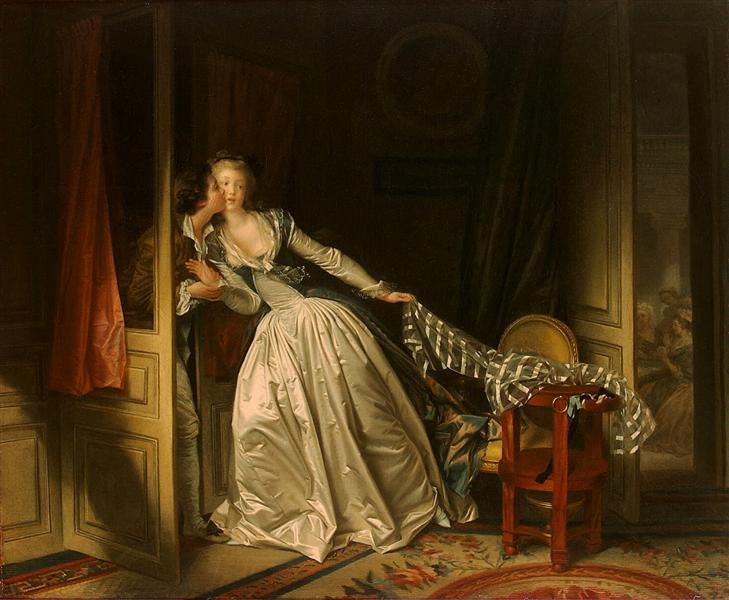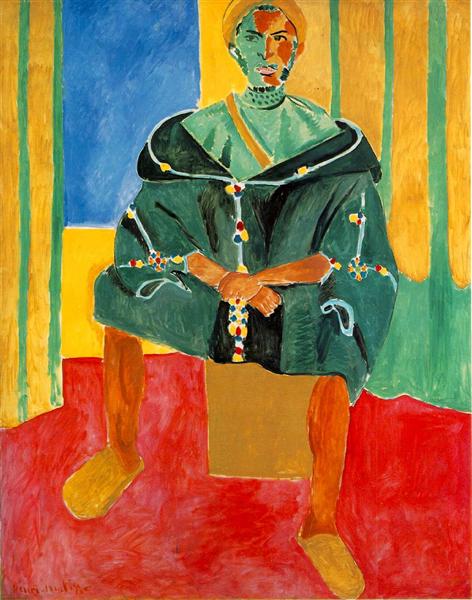how to listen to music if you don’t know your Beethoven from your Bach, cont.
The Stolen Kiss (1788)
Jean-Honoré Fragonard
_____________
if you listened to the couple of pieces I
recommended in my last commentary,
you would’ve indeed recognized, if
even only subconsciously, that the
first work wasn’t composed by the
composer of the other, that different
spirits infused either
a visual representation of the same
thing might be to juxtapose a
contemporary painting of the one
epoch with a corresponding painting
of the other
over a hundred years had passed
between Mozart and Prokofiev,
Mozart’s Piano Sonata no 18, K576
– his last piano sonata, incidentally,
he died a short two years later –
was written in 1789, the year of the
French Revolution, a still safe
distance from Vienna, where
Mozart could still cater to an,
however endangered, species




